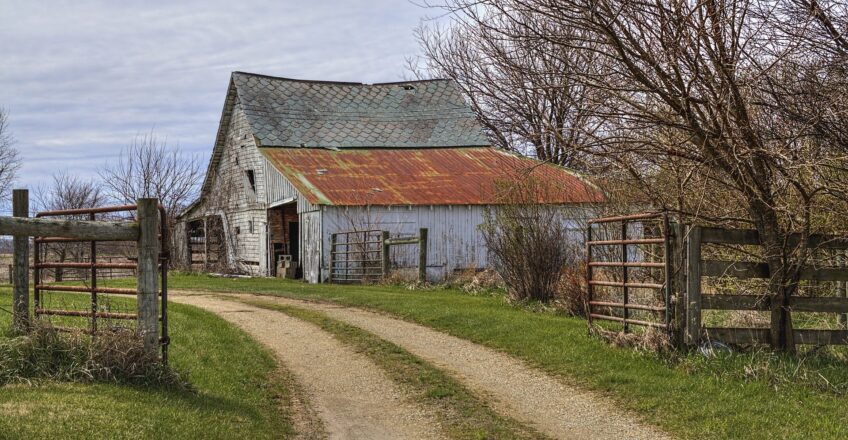In today’s financial climate, more and more farmers are tapping into their entrepreneurial spirits and finding ways to use farm assets to generate additional income.
However, as every successful business person knows, when you’ve spotted a gap in the market you need to move fast to take advantage of the opportunities. Alistair Millar, agricultural lawyer at Tallents Solicitors in Southwell, examines some key areas, which every entrepreneurial farmer should be aware of when considering farm diversification schemes.
Before commencing any work, get a legal professional to check for barriers to farm diversification
Says Alistair: “Farmers are exploring many different non-farming activities such as commercial and residential lettings, retailing of farm produce, leisure facilities and tourism in attempt to supplement their income.
“However, farmers wanting to diversify can find several major barriers in their way, such as easements or restrictions on title, obtaining planning permission, securing finance and tax and inheritance implications.”
He continues: “A solicitor will be able to check the freehold title or tenancy agreement to confirm whether there any legal restrictions or obstacles to overcome with regard to changing land use.
“Developing an old barn into residential or commercial use, for example, may require new utility connects, such as water, sewer, gas pipes or electricity cables connections. Never assume that the title will have express rights to access, renew, enhance, repair and maintain, or make connections to the mains supply directly. The situation can be further complicated if the connections will cross neighbouring land, requiring additional permissions.”
Time spent with an expert in farm diversification creating detailed business plans and drawings can greatly speed up the planning process and improve the chances of the diversification scheme being approved by the local authority.
Commenting on planning permission, Alistair says: “Obtaining planning consent can be both complicated and time consuming. Time spent with an expert in farm diversification creating detailed business plans and drawings can greatly speed up the planning process and improve the chances of the diversification scheme being approved by the local authority.”
In addition, obtaining additional finance can be an issue for farmers, says Alistair: “Access to finance is a potential barrier, especially for tenant farmers. They can find it difficult to access capital as they may not have the same collateral available to them as owner farmers.
However, there are several grants available for farm diversification, which are worth exploring. In addition the Farm Business Tenancy, part of the Agricultural Tenancies Act 1995, allows more flexibility for tenant farmers to diversify their activities.”
Consider the longer term financial impact of farm diversification
Farmers also need to look beyond the concept for diversification and understand how it may have a financial impact for many years to come.
Alistair comments: “One area which is often overlooked is how diversification can have tax and inheritance implications for the landowner. Any activity which changes the use of land to a non-agricultural purpose may cause issues when estate planning and its wider implications need to be considered at an early stage.”
Income from farm diversification is worth millions to the farming industry and farmers should take considered legal advice to ensure their plans are realized effectively. Tallents Solicitors has been advising the farmers and landowners of Nottinghamshire since 1774 and has a wealth of experience in dealing with successful farm diversification schemes. Call 01636 813411 to arrange a confidential appointment today.


